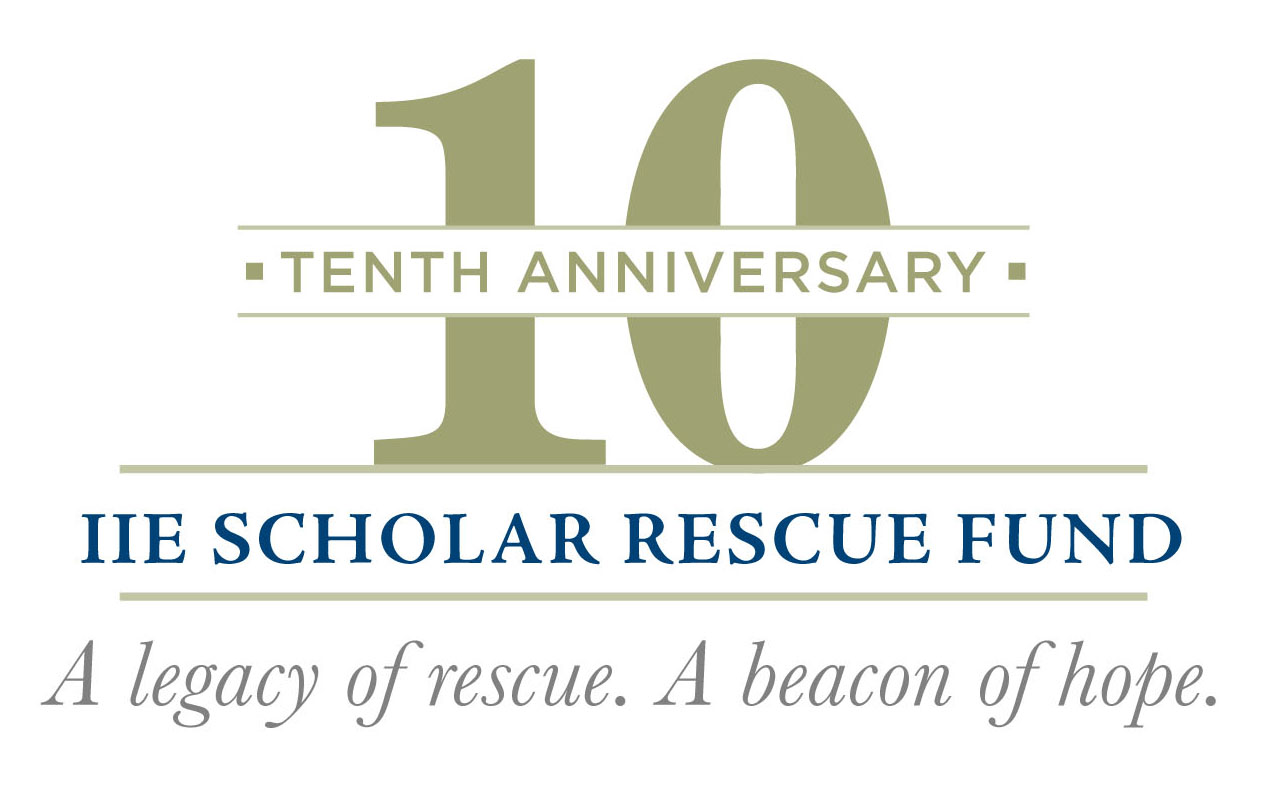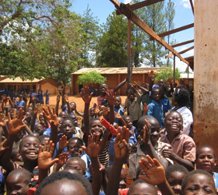Aims
Education's importance to post-conflict recovery
The development of an inclusive system that provides good-quality education for all can help build the foundations for more inclusive societies that are less prone to conflict.
2011 UNESCO Global Monitoring Report
In countries experiencing conflict and fragility there is a growing recognition of the role that education can play in post-conflict recovery. The UN estimates that 28 million children of primary school age are out of school due to conflict, making up 42 per cent of the total number of out-of-school children in the world.
Education is vital in building bridges between communities, giving hope and opportunity to young people, and providing a safe space and sense of normalcy during situations of instability and the cessation of violence. Education can also contribute to the physical, psychosocial, and cognitive protection of children, adolescents, and adult learners during times of crisis. Schools and educational institutions can serve as a central point of coordination during emergencies, becoming sites for government and inter-agency collaboration and harmonisation of relief efforts, with long-term impact through the development of capacity in the public and private sector.
Aims of Voices from Fragile States
- Enable best practice to be identified and shared, clarifying future policy directions and resulting in stronger country-led plans for development.
- Provide a platform for country representatives to highlight issues to donors and UN agencies and promote stronger South-North dialogue.
- Highlight the positive impacts of support for education initiatives in fragile countries to donors.
Voices from Fragile States will provide senior academics and policy-makers from a cross section of fragile states the opportunity to collaborate, with the aim to develop jointly a stronger voice to speak about fragility and education as it applies to their countries.
This collaboration will be expanded at a conference in New York in April 2013, bringing together a broad coalition of policy makers and academics from fragile states and countries emerging from violence in Africa, Asia, and South America, with representatives from the international donor community (eg DFID, USAID, World Bank), United Nation agencies (e.g. UNICEF and UNDP), and participants from educational and academic institutions (eg University of York, Columbia University, NYU, and the British Council).
The country position papers and reports from the conference will be published on-line in July 2013. Country representatives will be encouraged to continue to collaborate in the development and implementation of education policies through an on-line newsletter.
In partnership with


Education plays a central role in a country's ability to recover from violence and other crises
Partners
University of York:
- Post-war Reconstruction and Development Unit
- Institute for Effective Education
Columbia University:
Institute of International Education:
